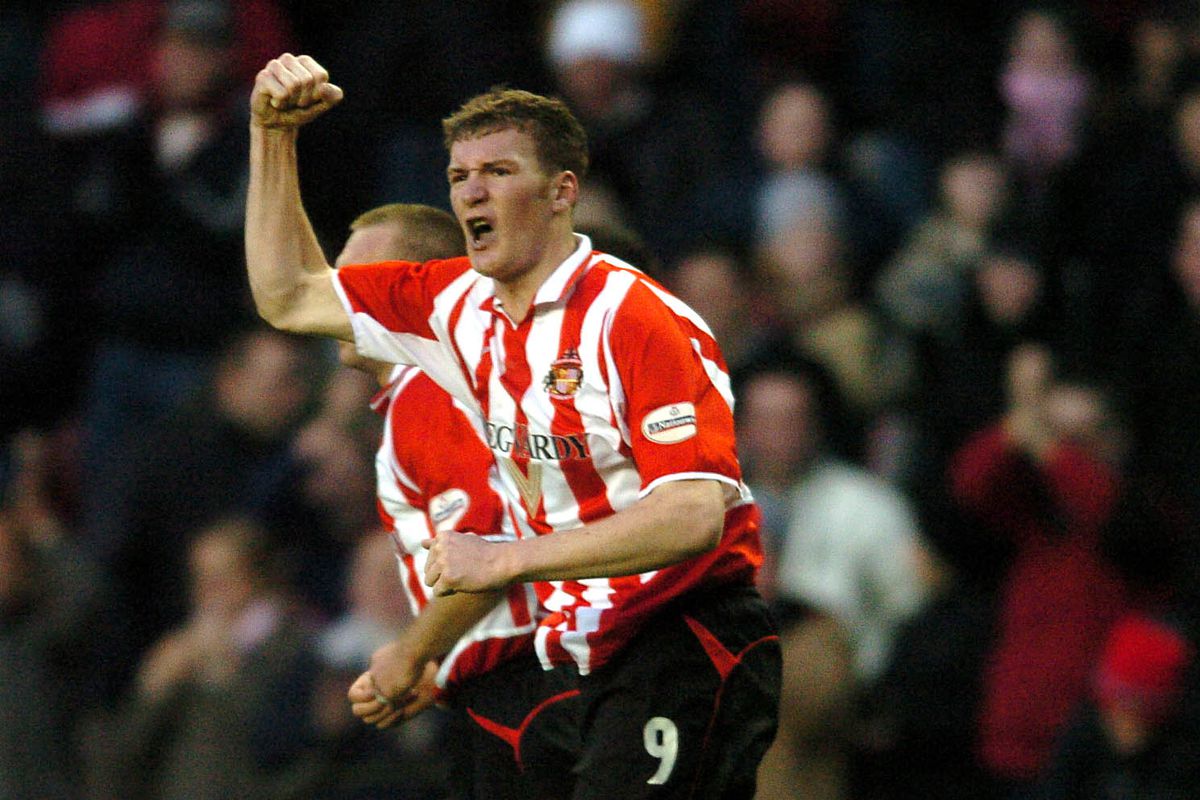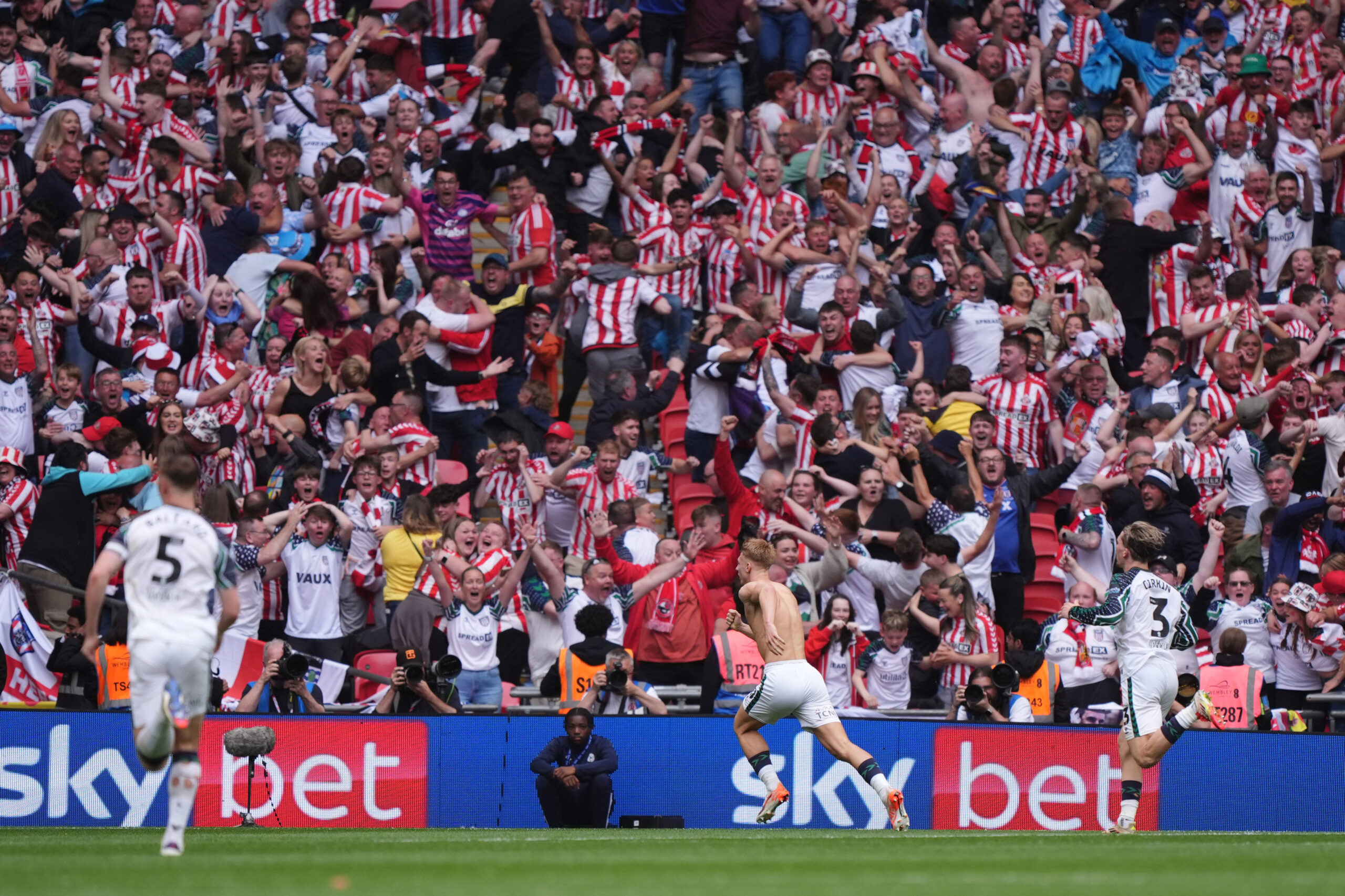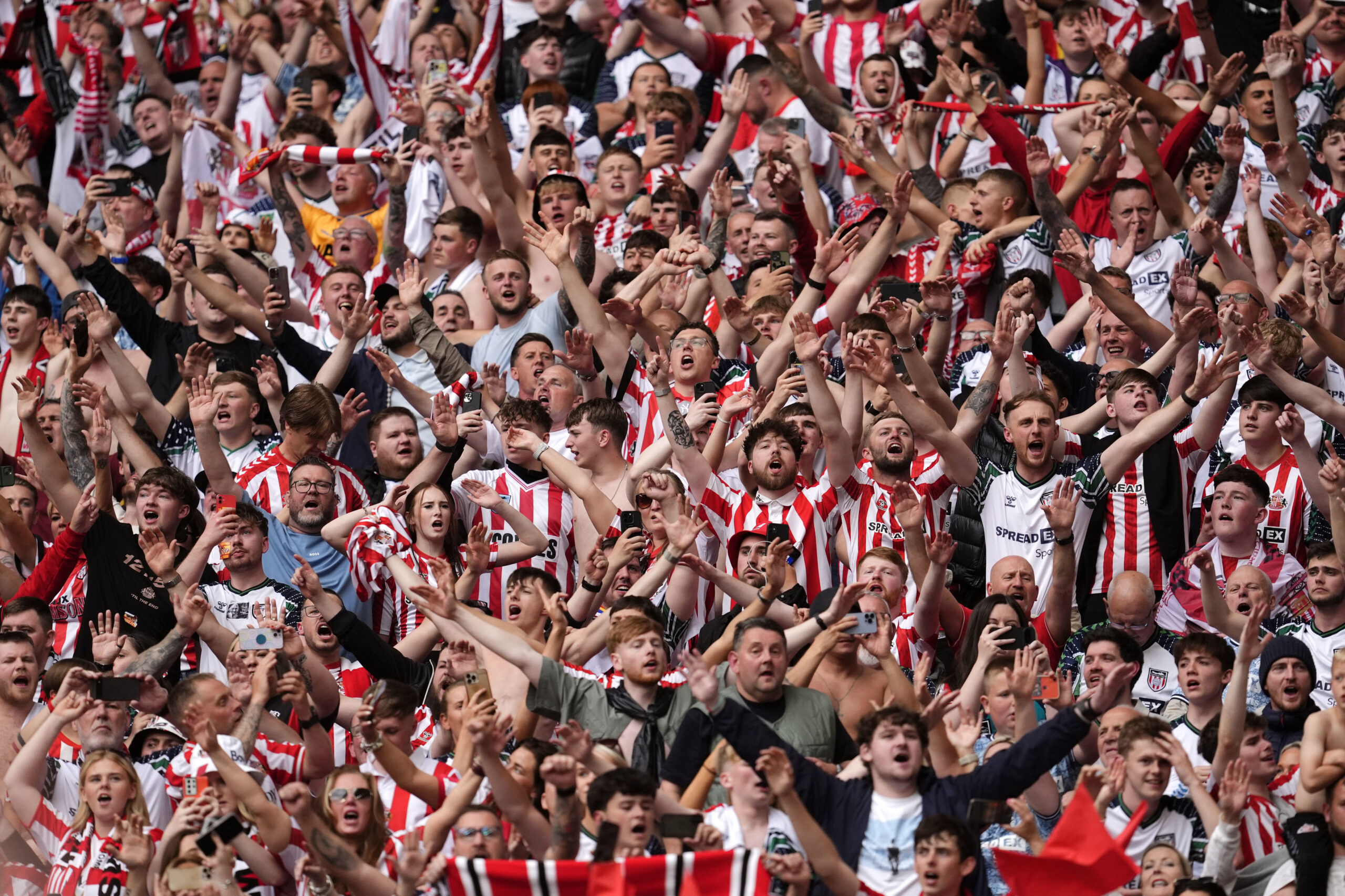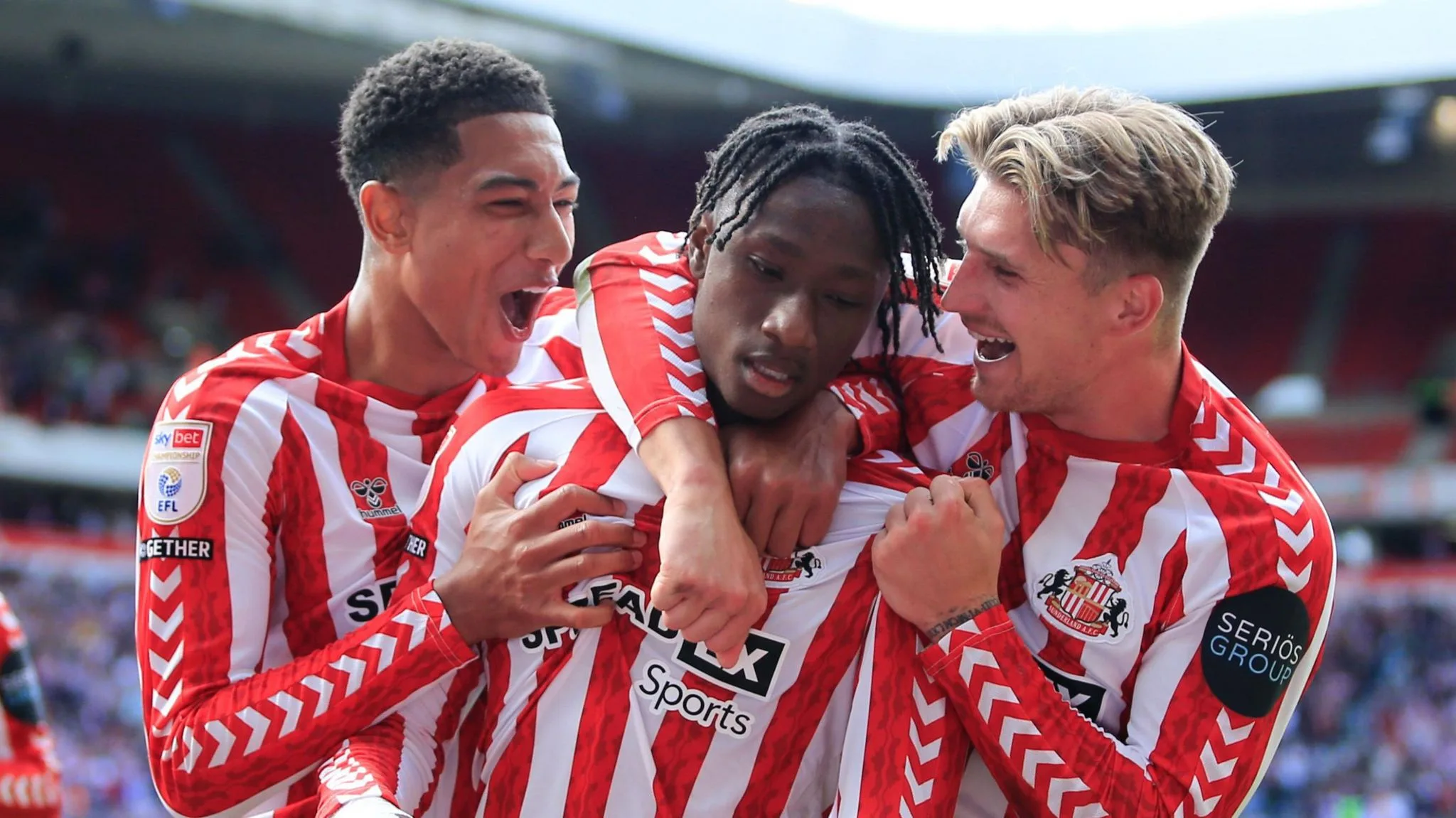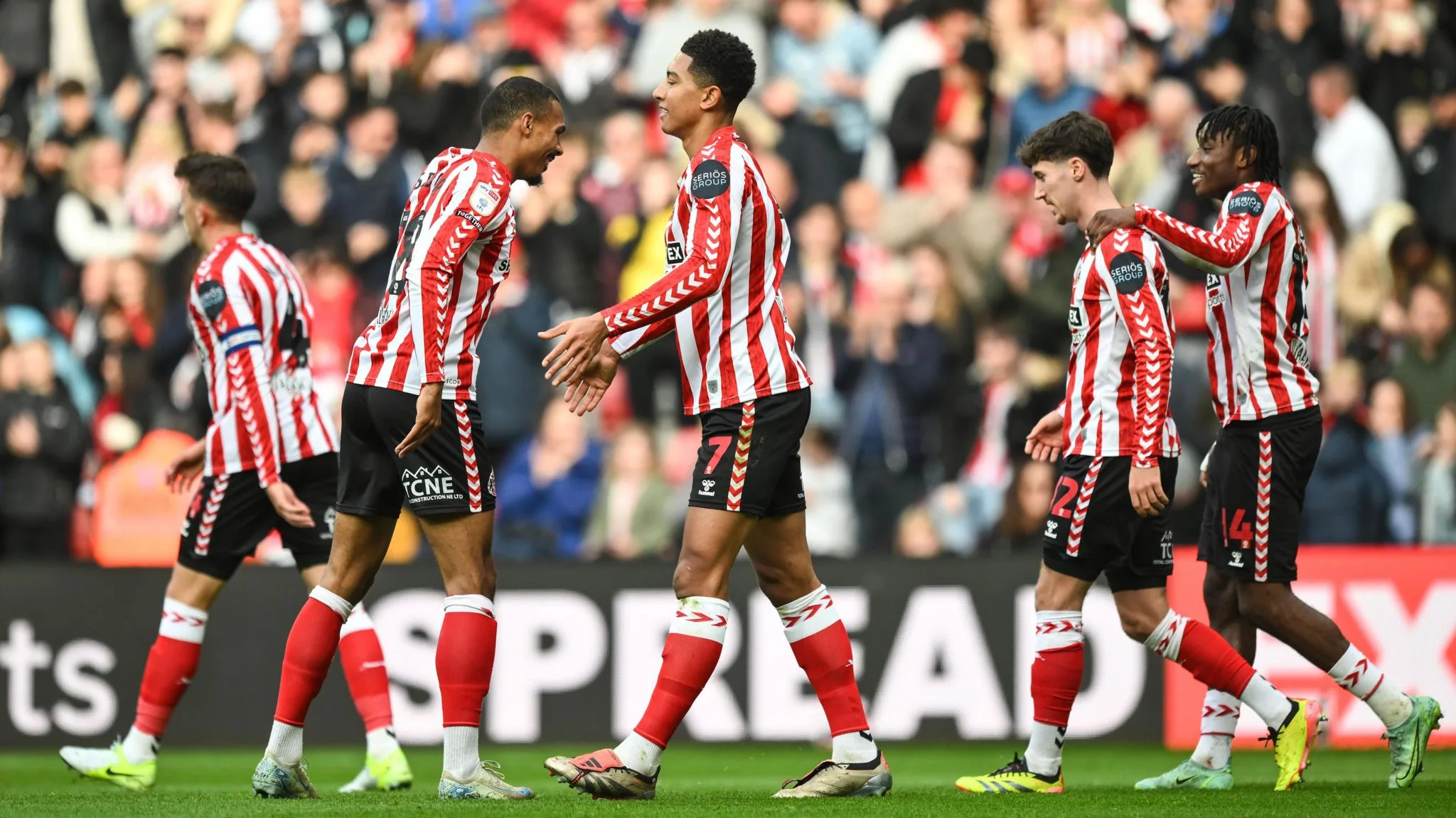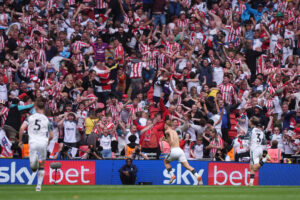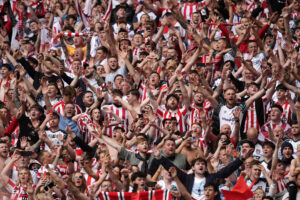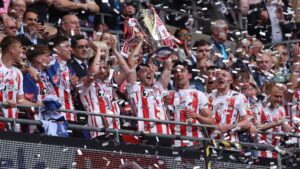They say that it takes 20 years before you start to feel nostalgia for a particular era. This explains why 1990s styles are back in, and artists from Dua Lipa to Jesy Nelson, Olivia Rodrigo and even Ed Sheeran are putting out records with a massive 90s influence.
It’s safe to say that we’re not quite there yet with the 2000s. A decade that kicked off with a world-changing terrorist attack on New York City before the Western world declared its war on terror. Big Brother was the only good thing on TV, and the music scene was initially dominated by The Strokes and their seminal Is This It? album but otherwise largely terrible with some awful post-90s R&B, rubbish house anthems and, well, Daniel Bedingfield.
I can’t see us in too much of a hurry to emulate those early 2000s styles, where seemingly every man was dressed in FCUK print t-shirts and those terrible Levi twisted jeans, topped off with daft spiky hair with highlights. An awful time for fashion.
And it was an awful time for Sunderland, by and large. They started the decade with two seventh-placed finishes in the Premier League, but as 2000 clicked into 2001, it all went wrong. Peter Reid’s side were second in the league at one point, but completely fell apart at the turn of the year and could only finish seventh. Looking back on it, we’d take that now. But in 2001 it felt like a huge opportunity missed.
For reasons only known to Reid and then-chairman Bob Murray, there was precious little rebuilding that summer, except for the signing of former Liverpool defender Phil Babb which the club built up massively. We were punished for standing still when in a dominant position, and that 2001-2 season saw Sunderland finish 17th.
Think that was bad? 2002-3 strolled over, asked us to hold its beer and duly delivered the worst-ever points total by a Premier League team. Thankfully, that record of 19 points was beaten in 2006, on the downside it was Sunderland that beat it. But that’s a story for another day.
By 2003, Peter Reid had long left the Sunderland hotseat, was replaced disastrously by Howard Wilkinson and Steve Cotterill, and then Murray turned to Mick McCarthy, who left his role as manager of the Republic of Ireland to join the Black Cats, with survival still mathematically possible.
No blame was left at McCarthy’s door for what followed, as his side promptly lost every single remaining game in the top flight and down we went. An era ended as Kevin Phillips packed his bags and trotted off to Southampton.
The summer of 2003 was one of huge change and transition for Sunderland. We were still carrying the expensive ballast that had sunk us in the first place with the likes of Tore Andre Flo – a £6.75m signing the previous summer as Murray decided to start signing cheques, all too little, too late – still on the books. By August no fee was too small. It was a firesale – but largely, the bulk of the business was still yet to be done by the time Sunderland got the season under way.
The season started at Nottingham Forest and, predictably, Sunderland lost. So what better way to bounce back than with a trip to Field Mill (only half an hour from Nottingham, incidentally – they could have had a lovely East Midlands mini break).
The team that day says everything about that particular season. A hybrid of big name failures given a second chance, young players drafted in to plug the gaps in the squad following the firesale, and a raid of the free transfer market. That summer, we signed the likes of Jeff Whitley, Gary Breen, Colin Healy, Carl Robinson and Tommy Smith for the combined fee of zero.
McCarthy pretty much put out a scratch team from the side that lined up at City Ground days earlier, so it was a rare, and final opportunity to look at Flo, who would later go on to join Italian outfit Siena for a fraction of what we paid for him a year previous. The high-earning Michael Gray would start, but days later he was sent on loan to Celtic as the wage bill needed to be slashed.
So this odd, wonky, hybrid side consisted of: Poom; Williams, Clark, Babb, Gray; Piper, Thornton, Whitley, Kilbane; Flo, Stewart, with Stephen Wright, John Oster and Kevin Kyle coming off the bench in the second half.
Mansfield, at this point in the Third Division, had former Manchester United stopper Kevin Pilkington in goal, and also boasted a young, right-winger with a shock of bleach-blonde hair, looking like a Poundland David Beckham, by the name of Liam Lawrence.
Without a single win to his name at Sunderland, this game at Mansfield represented a real opportunity to break his duck and kickstart the club’s season, and it started well when David Artell scored an 18th-minute own goal.
A routine victory seemed on the cards until Kevin Kyle – whose substitution for Flo felt like a passing of the baton of tall, awkward strikers at Sunderland – scored at the wrong end of the pitch to level the game with a minute on the clock.
Kyle went from zero to hero in the final seconds of the game when he converted Matt Piper’s cross and gave McCarthy his first win in 11 attempts. It was a low-key victory, but much-needed – Sunderland were very much a joke club at this point and I think the UK may have died laughing had Mansfield won this one.
That season, McCarthy somehow had to meld a disparate squad into something nearing competitive and – to his eternal credit, something which was in short supply on Wearside during or since – he almost managed it at the first attempt.
Sunderland would go on to finish third in Division One, only to face play-off heartbreak at the hands of Crystal Palace. They also reached the semi-finals of the FA Cup, where defeat to Millwall saw us miss out on what would have been a terrible, but hilarious UEFA Cup campaign the following year.
Those two seasons in the second tier saw attendances plummet and a succession of forgettable players come in and go out, as Murray’s ownership of the club limped towards its eventual conclusion in 2006.
There was definitely a feeling it was as bad as it could get in 2003 – until 2018-present strolled over and told 2003 and 2006 to hold its beer…
Richard Easterbrook

